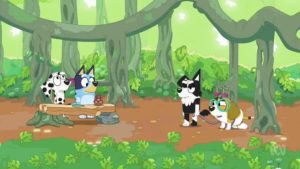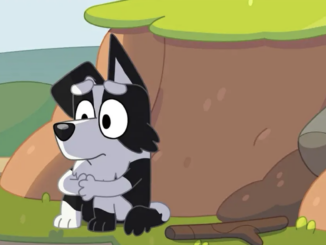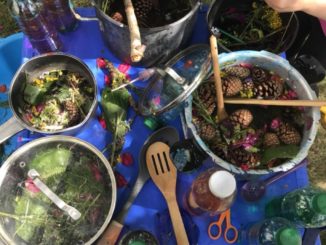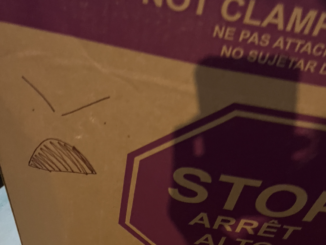Kids learn through play. Left to themselves, almost everything a child will do is playing, and all of it is learning.
If you watched a lot of parents and teachers, though, you might come to the mistaken conclusion that kids learn primarily through being lectured. 😉
Why is that? Why is it so hard to stay out of what kids are doing? We (adults) have to consciously bite back the urge to step in when a baby reaches for a toy and it rolls away from them, when they roll over half-way and then get stuck, when an older child is trying to learn to tie their shoes and their fingers get all tangled up. We often *do* swoop in when they say something brusque or short to their friends, or declare that they’re not friends with someone anymore, or phrase a request in a way that sounds like a demand.
Why is it so hard to let kids be kids? They are clumsy in their new skills — physical skills, mental skills, verbal skills. And they rarely learn from YOUR experience, no matter how extensive it may be. They learn from their own experience!
It’s the “verbal skills” that I’m interested in talking about today. Because most adults these days don’t see learning verbal skills through that lens. They see it as verbal aggression, or bullying, or rudeness, or unkind behavior. And one of the things that I love about the show Bluey is how it centers these normal child development behaviors back where they belong: as part of play.
In Butterflies (s1 e15), Bluey has a friend come over to her house who plays with her and her younger sister Bingo. The friend, Judo, gets impatient with how long Bluey’s little sister takes to do everything, and suggests, “Let’s run away from her.” They do that, and Bingo is sad to be excluded and cries. Bluey eventually feels remorse about it, and they work the situation out.
There are so many good things to talk about here:
*In a different episode, we find out that Judo’s mum also strongly prioritizes “being on time” and that Bluey’s mum feels anxious about making her wait. Like parents, like children!
*No adults are part of these kids’ play (in their own, safe, backyard). The kids always know where to find adults if they need them, but they’re also empowered to work out their own difficulties.
*Bluey doesn’t like the idea of running away from Bingo. Bluey is normally super opinionated and outspoken, but in the presence of Judo, she decides to just go along with what her even more outspoken friend is suggesting. Kids need to experience a variety of social situations in order to learn how they want to respond later on when those situations are more important!
I know it makes some people uncomfortable to think about kids having to handle this without an adult present, so I’ll hop to an episode where an adult *is* present:
Early Baby (s1 e40), where kids at school all end up yelling at one another and their teacher, Calypso, steps in to help referee. She does so not by instructing or lecturing them about how to be nice to one another. She does so by facilitating a discussion, where both parties involved tell their side of the story. She asks questions that lead the kids to understanding and empathy about what each other was thinking and doing, and how both people’s actions made sense from within their framework. (Also important: she doesn’t assume one side or the other is “guilty”. She assumes both sides have a reason for what they’re doing, and that understanding all sides will help come to the best conclusion.)
I could talk about another ten episodes probably, but I’ll just offer one: Shops (s1 e23). Again, no adults are anywhere around in this episode, it’s the kids playing a game of pretend. Their game of pretend mostly involves squabbling nonstop about who will take what role in a pretend shop — this child will be the shopkeeper, this child will be the shopkeeper’s assistant, this child will be the customer, this child will be the kitten. It’s an adorable love letter to the way kids play (like all of Bluey is). It also looks absolutely nothing like what people usually think of when they think of “play”.

The play is IN the squabbling. The play is in the negotiating. Their speech is full of “You never—!” and “You always—!” and “I’m not going to play anymore!” Which is how kids talk. Six-year-olds talk in absolutes and argue with one another to make their own voices and ideas heard. And, if they’re left to it (or refereed if it absolutely needs a referee — instead of coached), then they often come to an agreeable conclusion for everyone. This conclusion might not look agreeable to adults or like what an adult’s conclusion would’ve looked like. It might look like everybody deciding not to play together anymore or it might look like deciding the customer has two kittens for some reason.
The important thing is that it’s the kids who played their way to the end of the social encounter.
Then the next time, they’ll be one degree less clumsy with it. And the next, and the next. Like learning to roll over, or tie a shoe.



